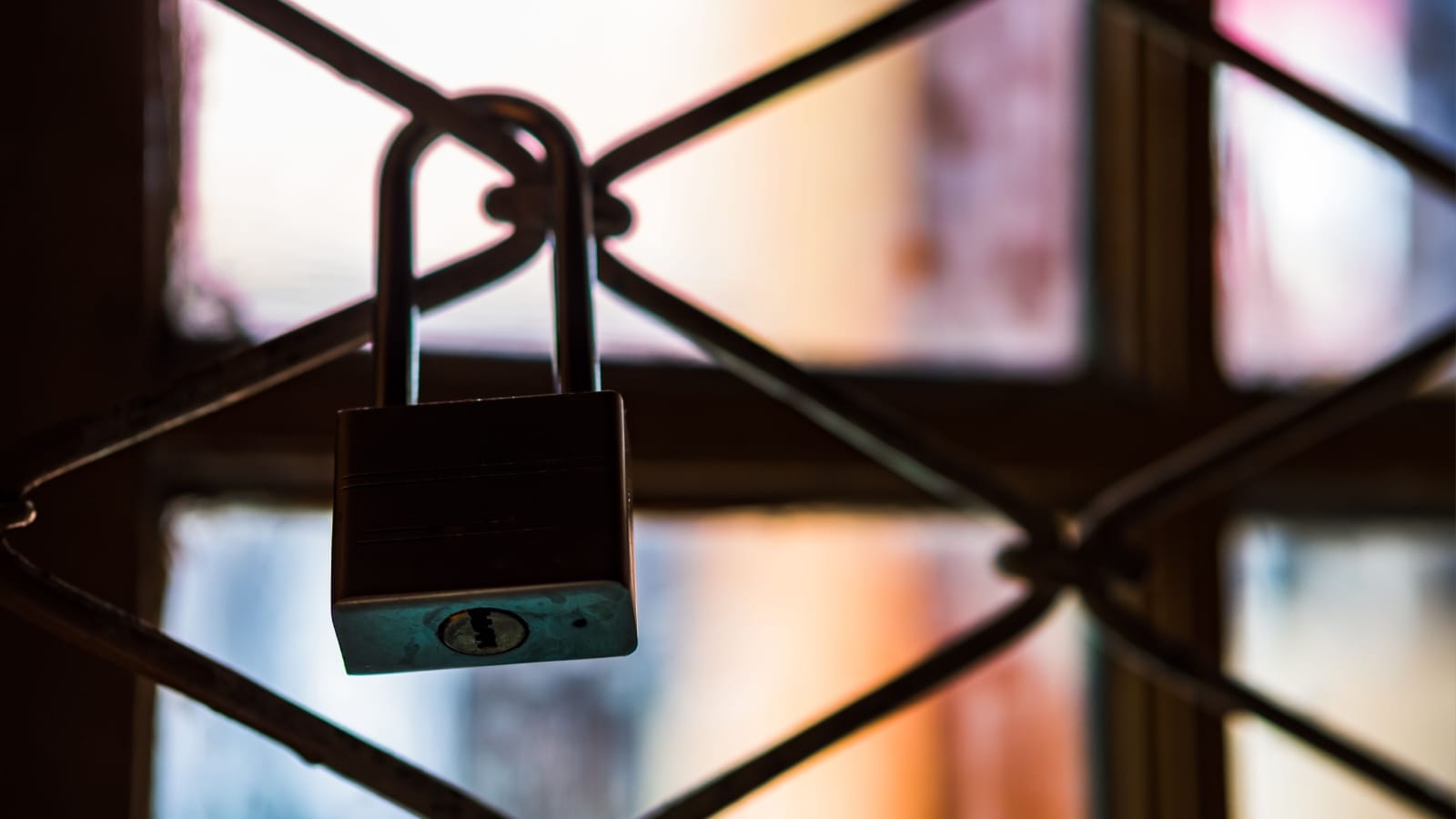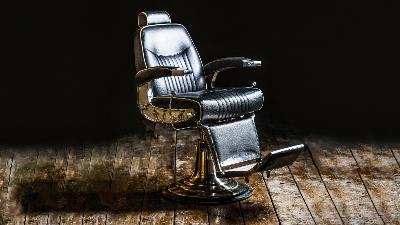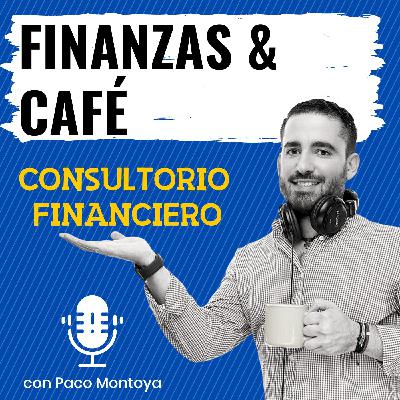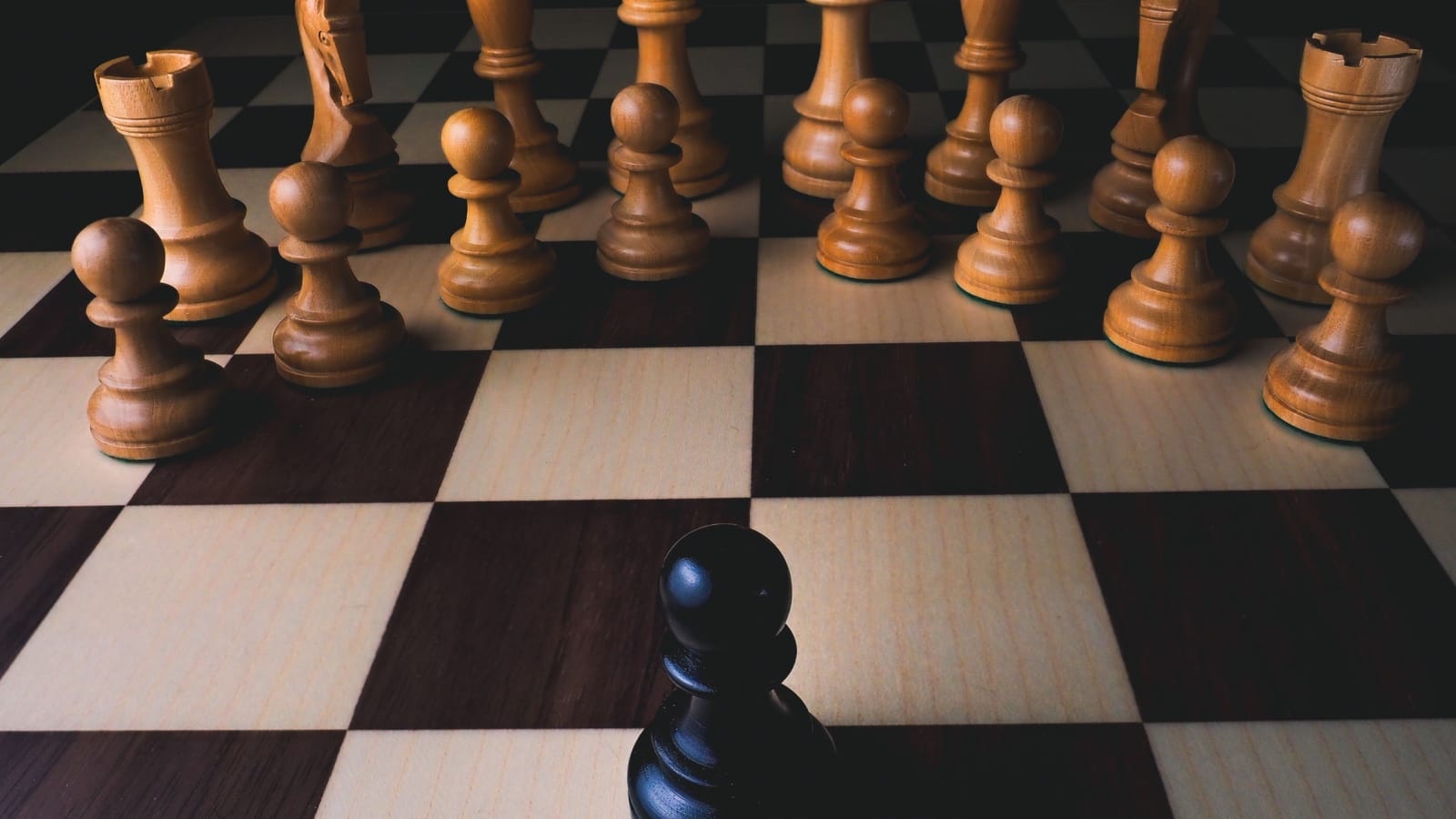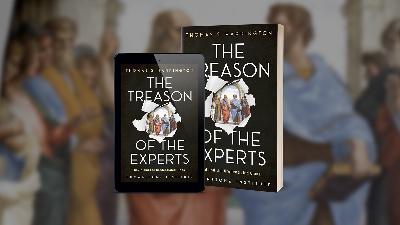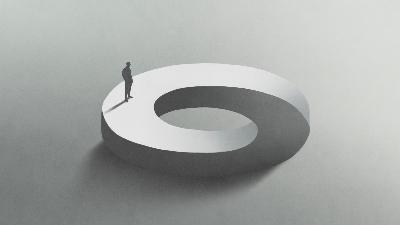The Lost Vocation of Medicine: From Calling to Commodity
Update: 2025-10-05
Description
By Joseph Varon at Brownstone dot org.
When I was a young medical student, I believed with all my heart that medicine was the highest calling a human being could answer. We were not just training to earn a degree or secure a position. We were stepping into a lineage, inheriting a tradition that stretched back to Hippocrates, Galen, Vesalius, Osler, and countless others who saw the care of the sick as a sacred covenant.
Every time I walked into a ward, I felt both nervous and exhilarated, as if I were entering a cathedral where the human body and spirit were laid bare.
A patient's trust was not a transaction - it was a gift, a profound act of vulnerability. To be allowed into that sacred space was to be given a responsibility greater than anything I had known. We did not speak in the language of "compliance metrics" or "quality indicators." We spoke of healing, of service, of devotion. Medicine was not a career. It was a vocation, a purpose, a life anchored in something deeper than self.
Over the years, however, something shifted. What was once a vocation has been stripped of its soul. It has been rebranded, reframed, and reduced until it barely resembles the profession I entered with such hope. Medicine today is a business enterprise. Patients are consumers, doctors are "providers," and healing has been crowded out by billing codes, liability fears, and the suffocating weight of bureaucracy. The vocation has been replaced by a job, and a job can always be abandoned.
That is what haunts me most.
The decline of vocation did not happen overnight. It was gradual, almost imperceptible at first, like a slow leak in the hull of a ship. Administrators multiplied until they outnumbered physicians. Insurance companies dictated what treatments were permissible, not based on medical judgment but on actuarial tables. Pharmaceutical firms turned research into marketing, blurring the line between scientific discovery and sales strategy.
Hospitals transformed into corporations with CEOs, branding departments, and profit margins to defend. The physician's desk became a computer terminal, and the patient was no longer a soul in need of healing but a data point to be coded and billed. Even the language betrayed the transformation: patients became "units of care," outcomes became "deliverables," and clinical judgment was rebranded as "adherence to protocol."
This hollowing out of medicine's soul reached its most devastating climax during Covid. It was a moment that should have summoned the deepest instincts of our profession. Uncertainty, fear, and suffering filled our hospitals. That is precisely when vocation matters most. The physician is supposed to walk into the fire when others flee. Yet what did we see? Doors closed, clinics shuttered, doctors retreating to their homes, waiting for bureaucrats and government agencies to tell them what to do.
Protocols were enforced even when they harmed. Independent thought was punished. Dissent was silenced. And while patients gasped for air and families begged for help, too many physicians were nowhere to be found.
I remember vividly those early days of the pandemic. There was terror in patients' eyes, but also profound gratitude when they saw a physician willing to step into the room, to touch them, to treat them as human beings rather than contagions. The vocation of medicine means that when everyone else runs out, the doctor runs in. Yet in those months, only a few did. The rest followed orders from afar, citing fear or policy as justification for absence.
Covid revealed what I had long suspected: when medicine is reduced to a job, it can be deserted. But when it is a vocation, it cannot.
This crisis was not an accident. Its roots stretch back decades. The Flexner Report of 1910 reshaped American medicine for better and worse. On one hand, it elevated scientific standards and eliminated substandard schools. On the other hand, it centralized control, tethering medicine more tightly to institutional ...
When I was a young medical student, I believed with all my heart that medicine was the highest calling a human being could answer. We were not just training to earn a degree or secure a position. We were stepping into a lineage, inheriting a tradition that stretched back to Hippocrates, Galen, Vesalius, Osler, and countless others who saw the care of the sick as a sacred covenant.
Every time I walked into a ward, I felt both nervous and exhilarated, as if I were entering a cathedral where the human body and spirit were laid bare.
A patient's trust was not a transaction - it was a gift, a profound act of vulnerability. To be allowed into that sacred space was to be given a responsibility greater than anything I had known. We did not speak in the language of "compliance metrics" or "quality indicators." We spoke of healing, of service, of devotion. Medicine was not a career. It was a vocation, a purpose, a life anchored in something deeper than self.
Over the years, however, something shifted. What was once a vocation has been stripped of its soul. It has been rebranded, reframed, and reduced until it barely resembles the profession I entered with such hope. Medicine today is a business enterprise. Patients are consumers, doctors are "providers," and healing has been crowded out by billing codes, liability fears, and the suffocating weight of bureaucracy. The vocation has been replaced by a job, and a job can always be abandoned.
That is what haunts me most.
The decline of vocation did not happen overnight. It was gradual, almost imperceptible at first, like a slow leak in the hull of a ship. Administrators multiplied until they outnumbered physicians. Insurance companies dictated what treatments were permissible, not based on medical judgment but on actuarial tables. Pharmaceutical firms turned research into marketing, blurring the line between scientific discovery and sales strategy.
Hospitals transformed into corporations with CEOs, branding departments, and profit margins to defend. The physician's desk became a computer terminal, and the patient was no longer a soul in need of healing but a data point to be coded and billed. Even the language betrayed the transformation: patients became "units of care," outcomes became "deliverables," and clinical judgment was rebranded as "adherence to protocol."
This hollowing out of medicine's soul reached its most devastating climax during Covid. It was a moment that should have summoned the deepest instincts of our profession. Uncertainty, fear, and suffering filled our hospitals. That is precisely when vocation matters most. The physician is supposed to walk into the fire when others flee. Yet what did we see? Doors closed, clinics shuttered, doctors retreating to their homes, waiting for bureaucrats and government agencies to tell them what to do.
Protocols were enforced even when they harmed. Independent thought was punished. Dissent was silenced. And while patients gasped for air and families begged for help, too many physicians were nowhere to be found.
I remember vividly those early days of the pandemic. There was terror in patients' eyes, but also profound gratitude when they saw a physician willing to step into the room, to touch them, to treat them as human beings rather than contagions. The vocation of medicine means that when everyone else runs out, the doctor runs in. Yet in those months, only a few did. The rest followed orders from afar, citing fear or policy as justification for absence.
Covid revealed what I had long suspected: when medicine is reduced to a job, it can be deserted. But when it is a vocation, it cannot.
This crisis was not an accident. Its roots stretch back decades. The Flexner Report of 1910 reshaped American medicine for better and worse. On one hand, it elevated scientific standards and eliminated substandard schools. On the other hand, it centralized control, tethering medicine more tightly to institutional ...
Comments
In Channel



